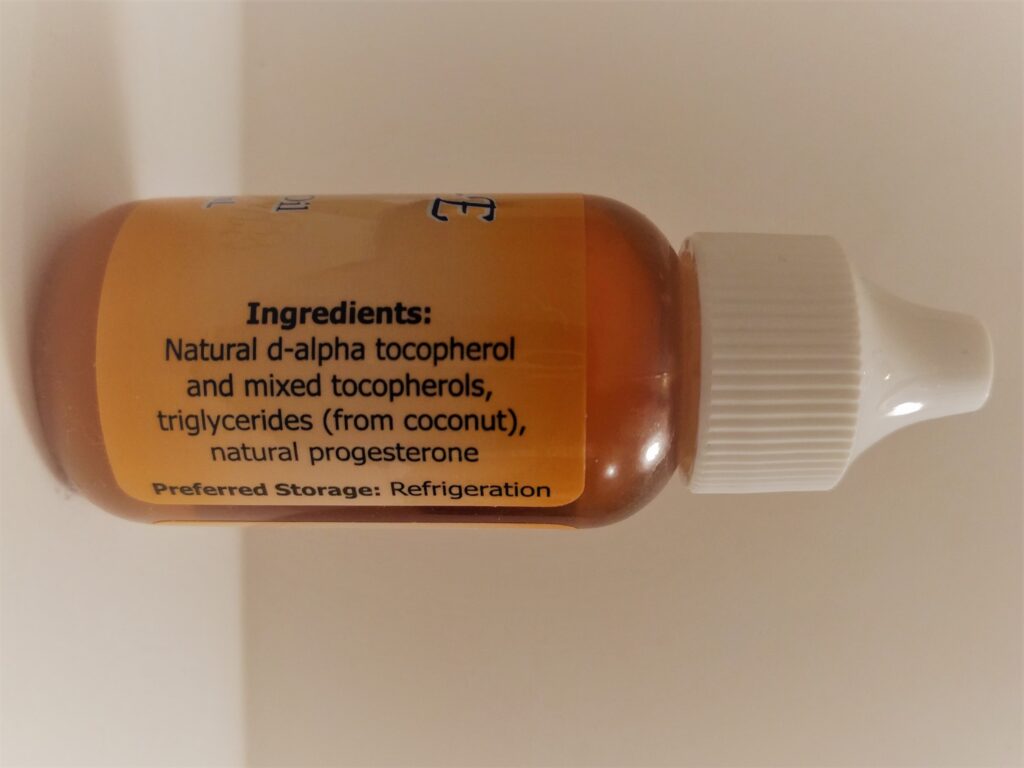Rodent experimentation has shown that the removal of the ovaries results in the loss of not only circulating estrogen but of circulating progesterone. As such, the various deficits associated with ovariectomy may be attributed to the loss of progesterone as well.
And since human menopause results in the decline of not just circulating estrogens, but in circulating progesterone, we see an increased risk for diseases such as Alzheimer’s disease during the postmenopausal period could also be contributed by this loss of progesterone.
Progesterone is also an effective neuroprotectant in animal models of stroke and traumatic brain injury and possibly beneficial effects on spinal cord contusion injuries and cognitive function.
Data from several laboratories support the conclusion that not all progestins are created equal, particularly within the context of neuroprotection. Such differences may be important in considering the results of the studies and rodent experimentation.
While labs continue to work on the most effective therapeutic formulations for the treatment of menopause and various diseases whose incidence increases during the post-menopausal period, there are thousands of people who swear by the use of Progest-E Complex oil, a bioidentical progesterone product formulated with Vitamin E for optimal absorption.
